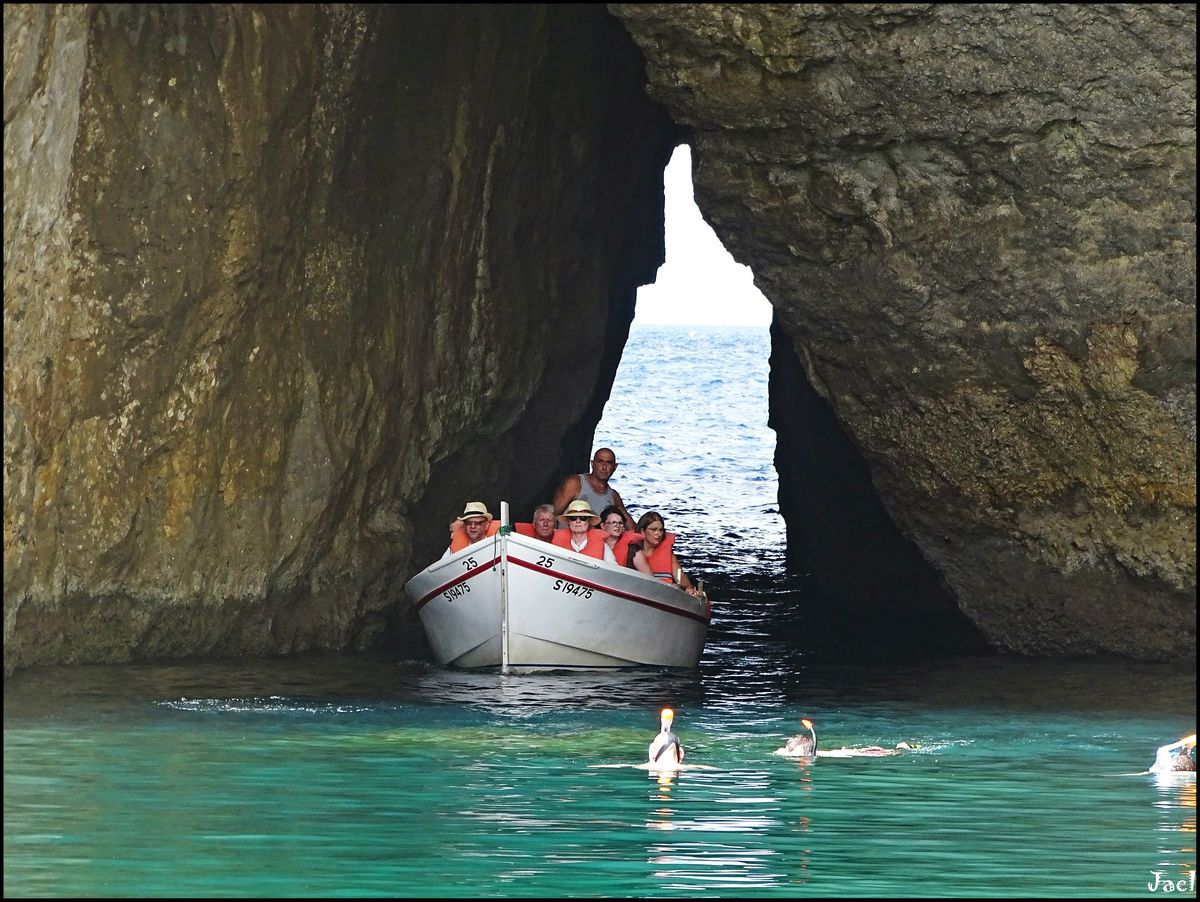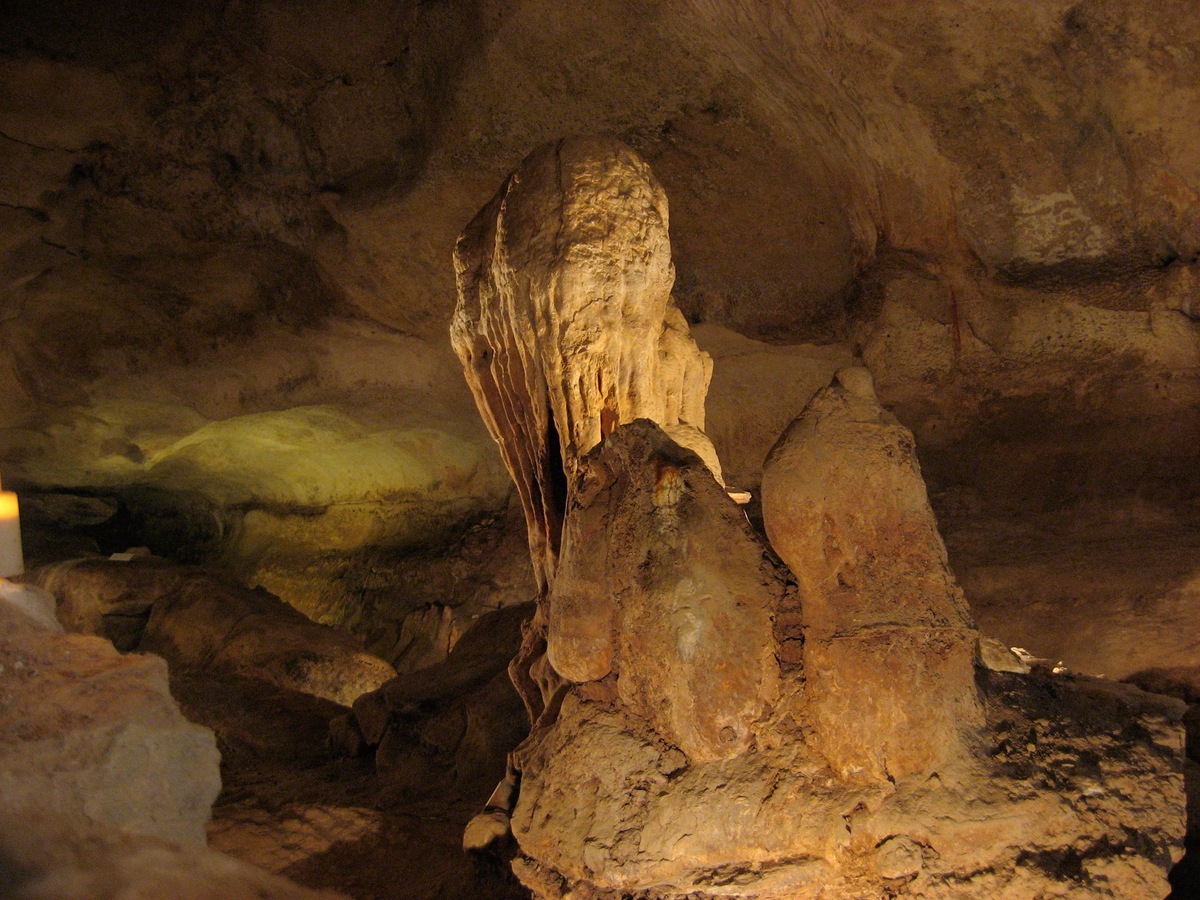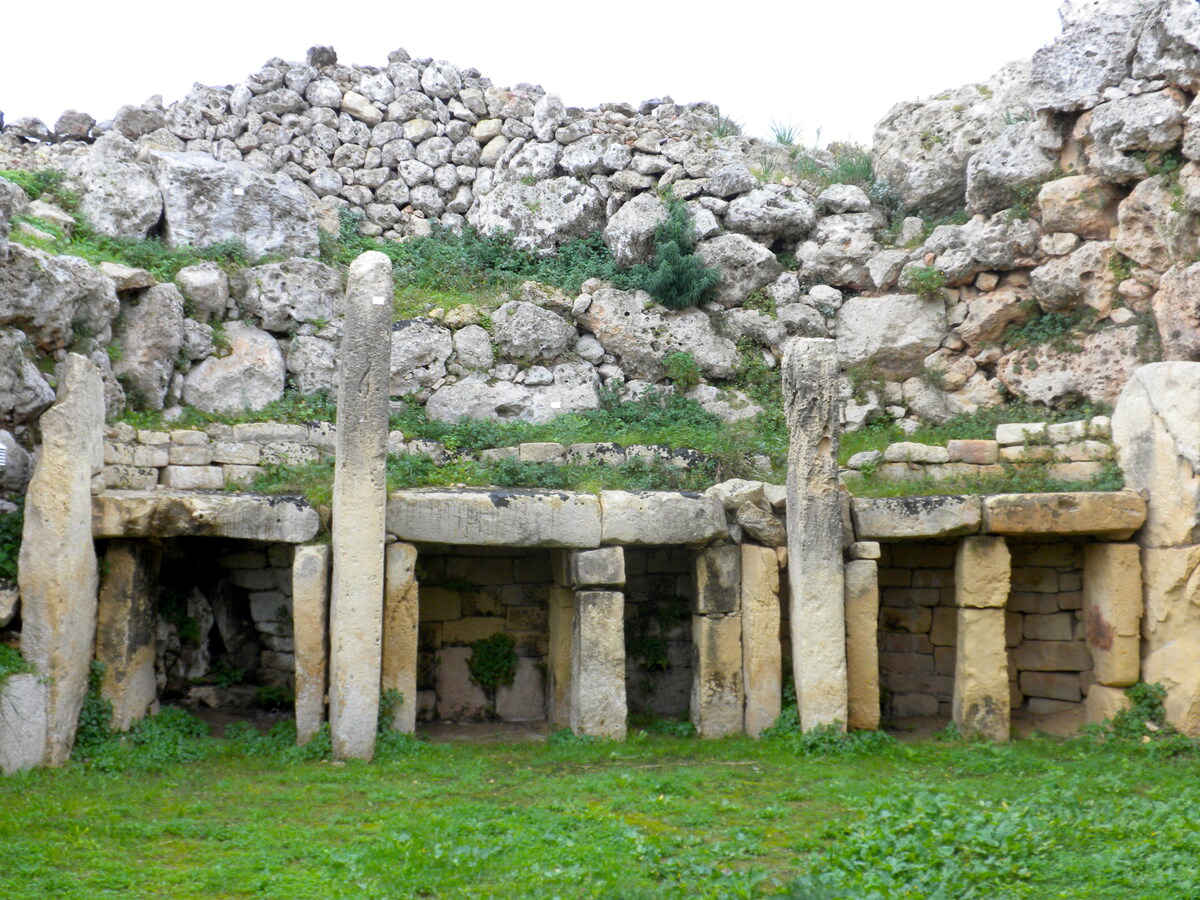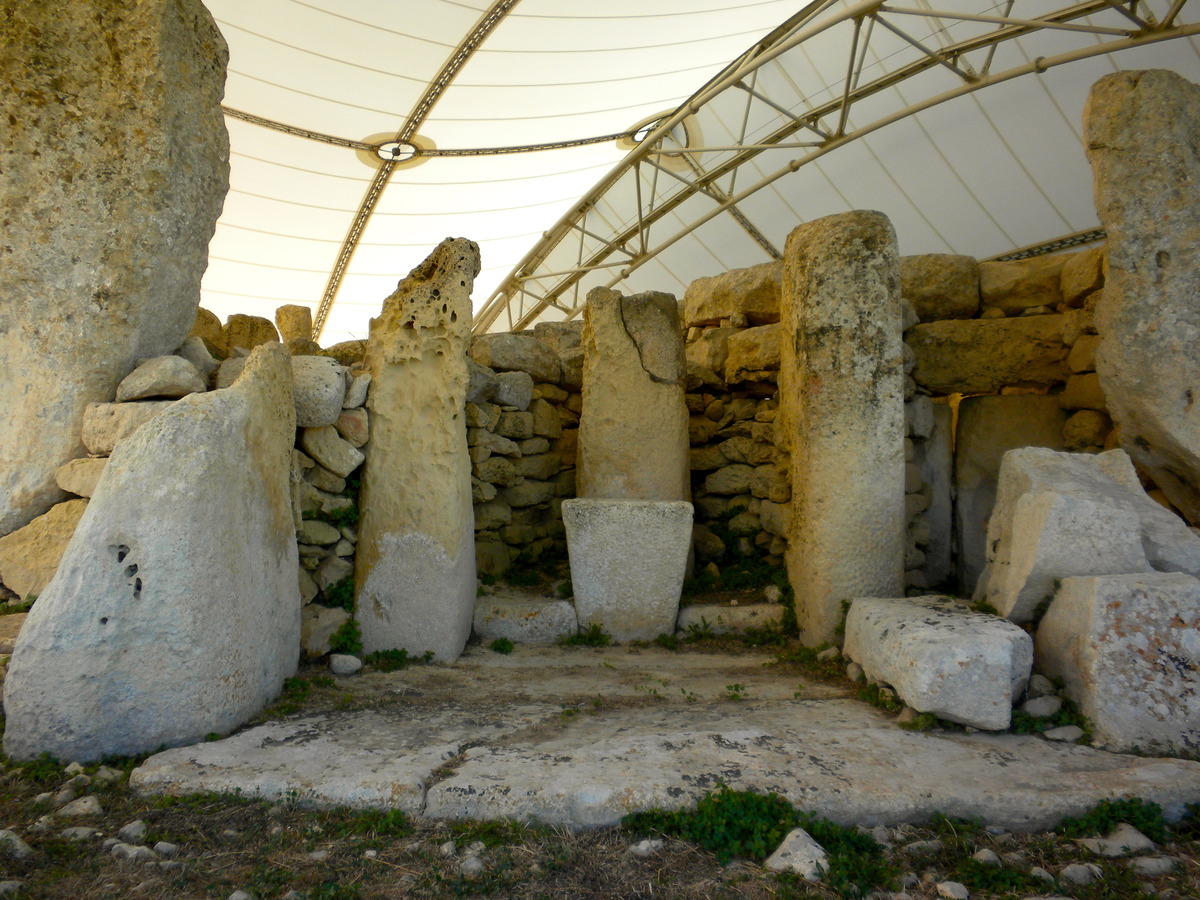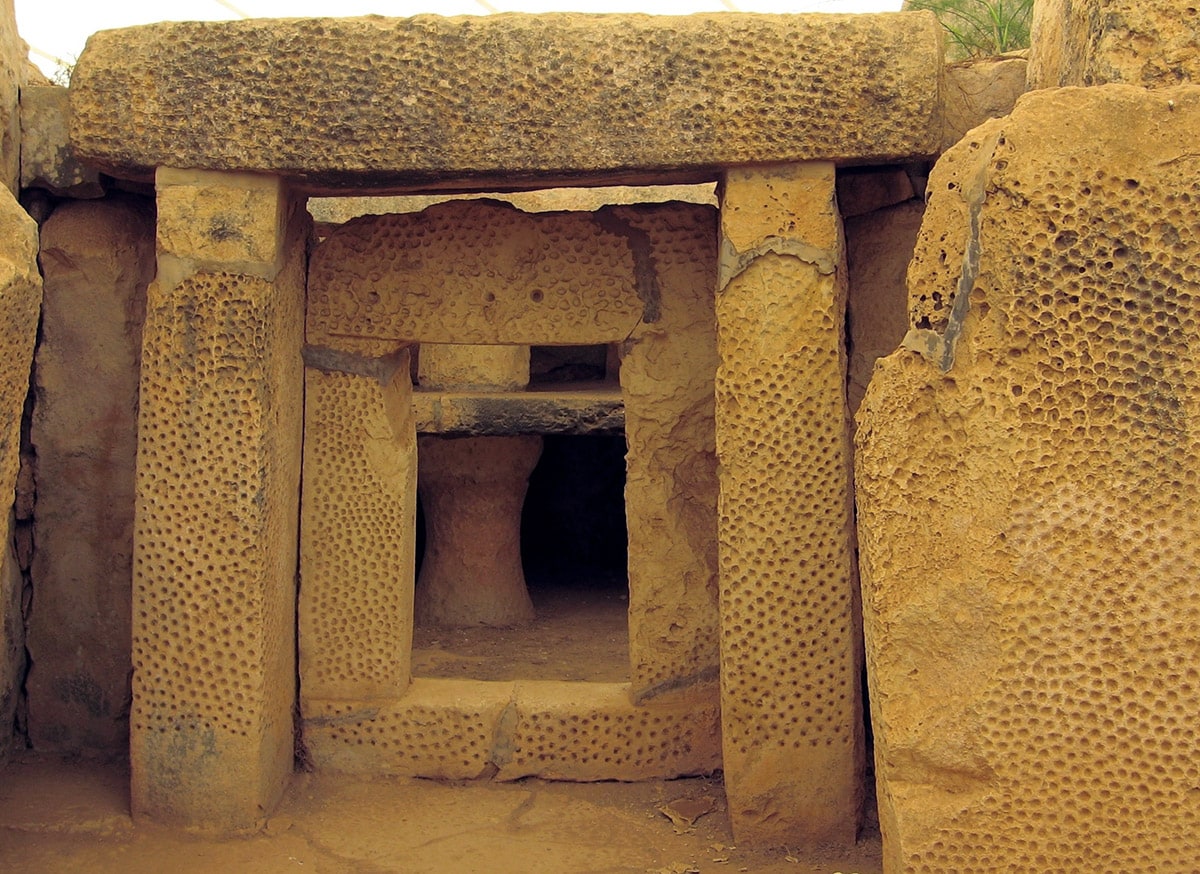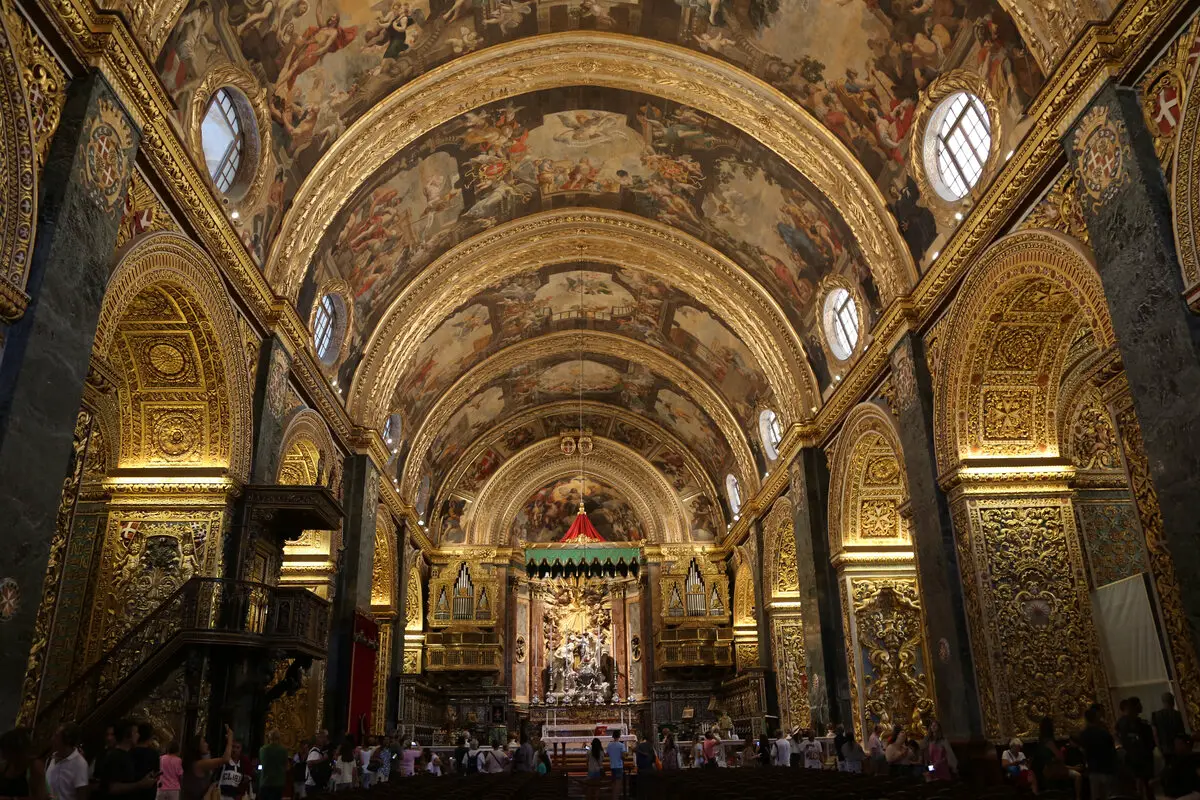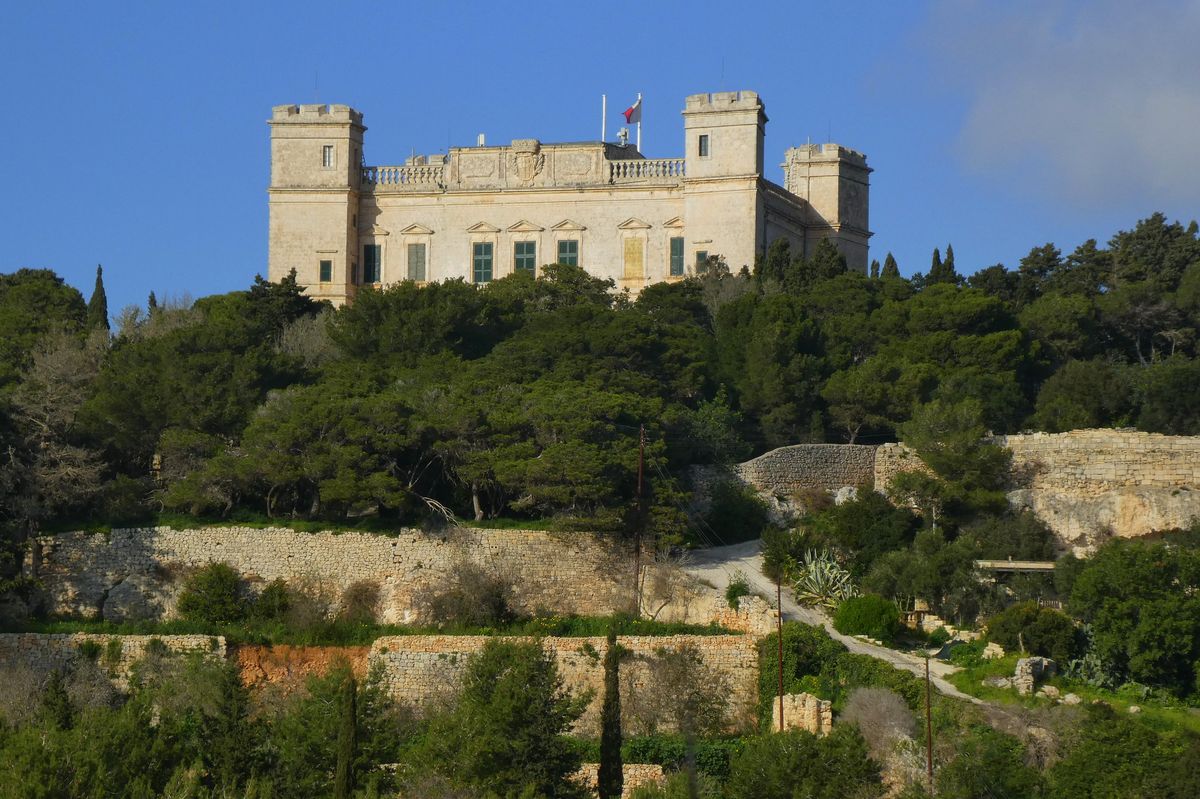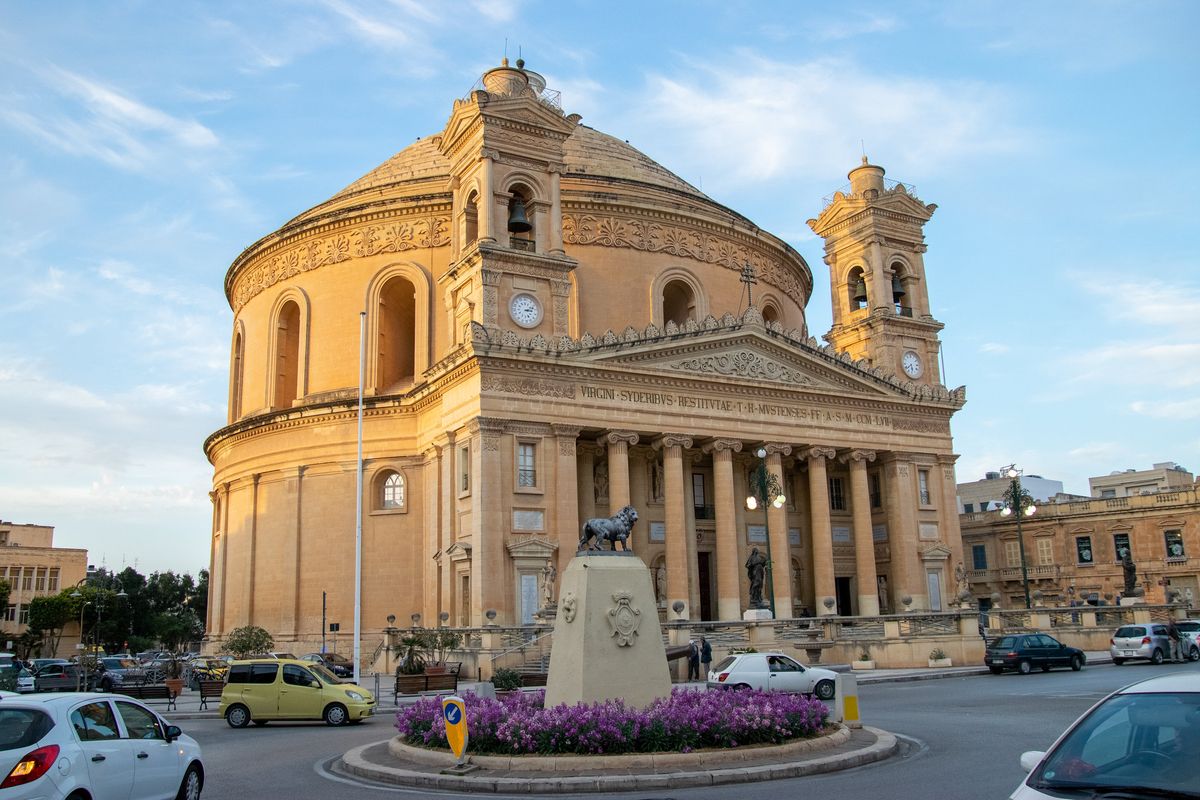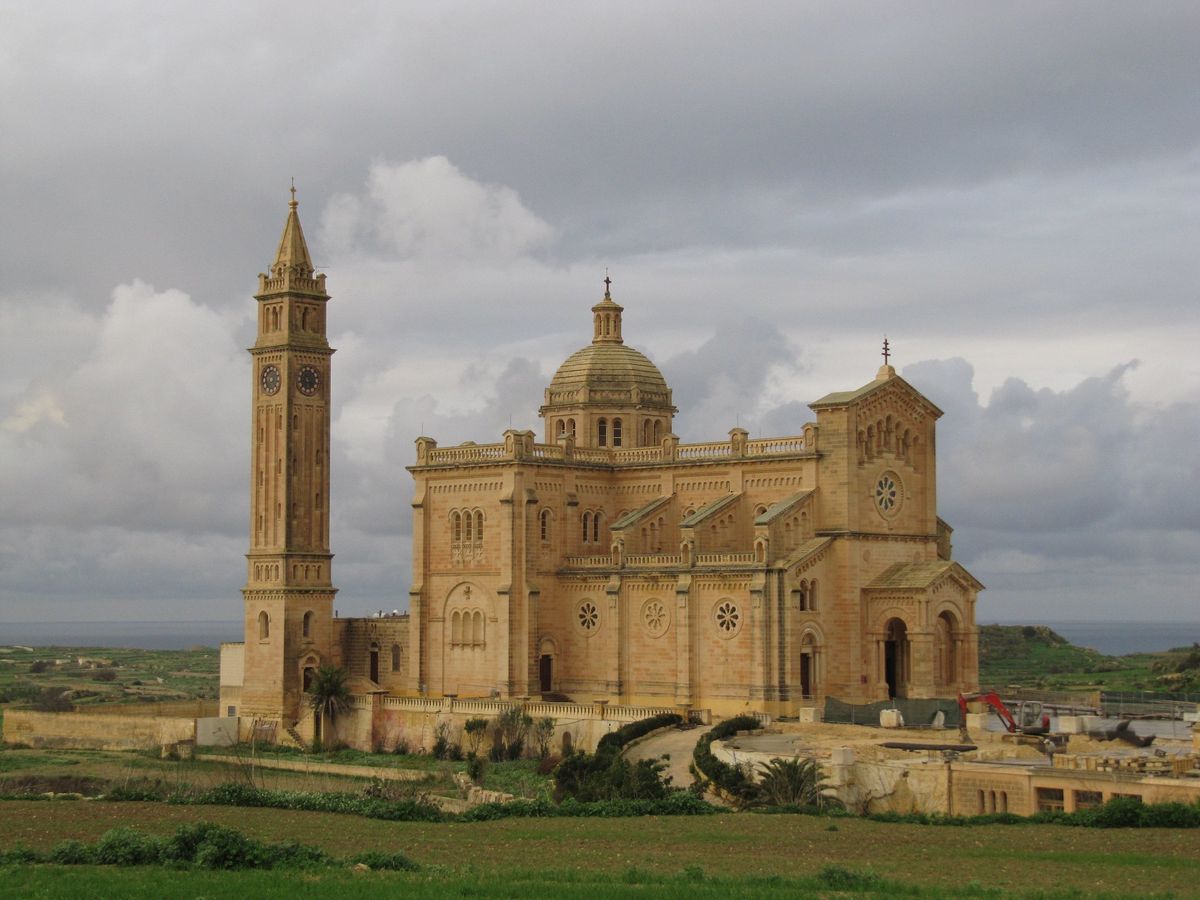Wondermondo 🢖 World 🢖 Wonders of Europe 🢖 Wonders of Malta
Territory
Wonders of Malta
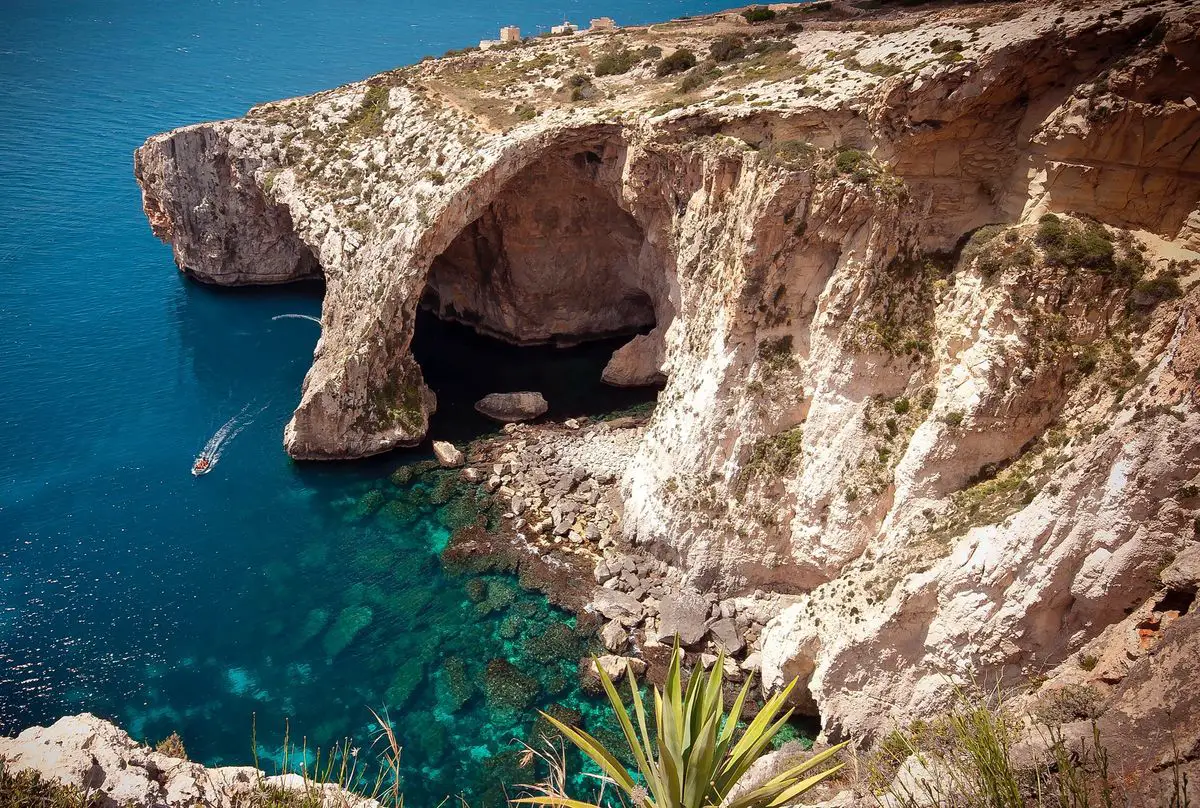
 Highlights
Highlights
If one looks for the world champion in the density of amazing and unique landmarks, Malta easily could be the one. Wonders of Malta include:
- Some of world’s oldest temples: impressive megalithic structures which were built almost 6,000 years ago.
- The only known prehistoric underground temples, built 10 m under the land surface more than 5,000 years ago.
- Some of world’s most impressive Baroque churches.
- Beautiful medieval towns and cities with intact fortification systems.
- Massive, complex fortification systems from the 16th – 18th century.
- Archaeological mysteries – "cart ruts" and purported undersea temple.
Map with the described wonders
If you see this after your page is loaded completely, leafletJS files are missing.
 Top 25 wonders of Malta
Top 25 wonders of Malta
Geological wonders
Inland Sea (Qawra)
Gozo
Small lake – sea bay, accessible from the sea through a narrow natural arch. Boats can pass through it on calm days.
Biological wonders
Għar Dalam
Southern (Malta)
The cave contains unique remnants of such animals as dwarf elephants, hippopotami, deer, and others, trapped on the island at the end of the ice age, as well as the oldest human remnants in Malta (7,400 years). Cave paintings include paintings of elephants.
Archaeological wonders
Ggantija
Gozo
Very old megalithic temples, constructed in Neolithic Age. The oldest, southerly temple was built around 3600 BC and belongs to the world’s oldest structures.
Ħaġar Qim
Southern (Malta)
A complex of megalithic temples, a unique prehistoric monument. The main temple was made from enormous stone labs around 3600 – 3200 BC but to the north of it is a considerably older structure. The facade includes a 57 tons heavy stone – the largest megalith in Malta. In the temple were found sculptures resembling the style of Upper Paleolithic Venus figurines.
Hypogeum of Ħal-Saflieni
Southern (Malta)
The only known underground (up to 10.6 m deep) temple of prehistoric times besides the Xagħra Stone Circle. The development of this temple started around 4000 BC, and the current structure was built around 3300 – 3000 BC. Initially, it was a temple but later was turned into a necropolis. An interesting feature is the carving of the left hand on a wall.
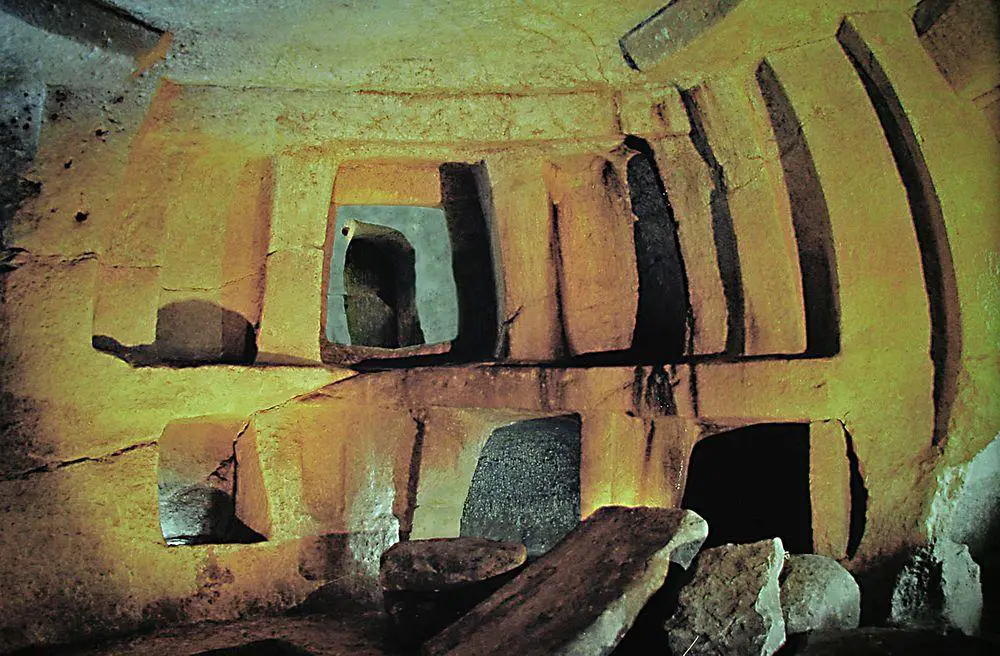
Mnajdra
Southern (Malta)
Group of megalithic temples, built around 3600 – 2500 BC. These are sophisticated structures built from large stone slabs. The complex consists of three temples, each built in its own time. The lower temple was built around 3000 BC and might be the most impressive megalithic structure in Malta, it is astronomically aligned. Stones here are decorated with dots ad also spiral carvings.
Tarxien
Southern (Malta)
Group of three megalithic temples that were built around 3250 – 3000 BC. One of the temples was built around 3100 BC and is the best-decorated prehistoric temple in Malta. Here are carvings of domestic animals, spiral designs, and other features.
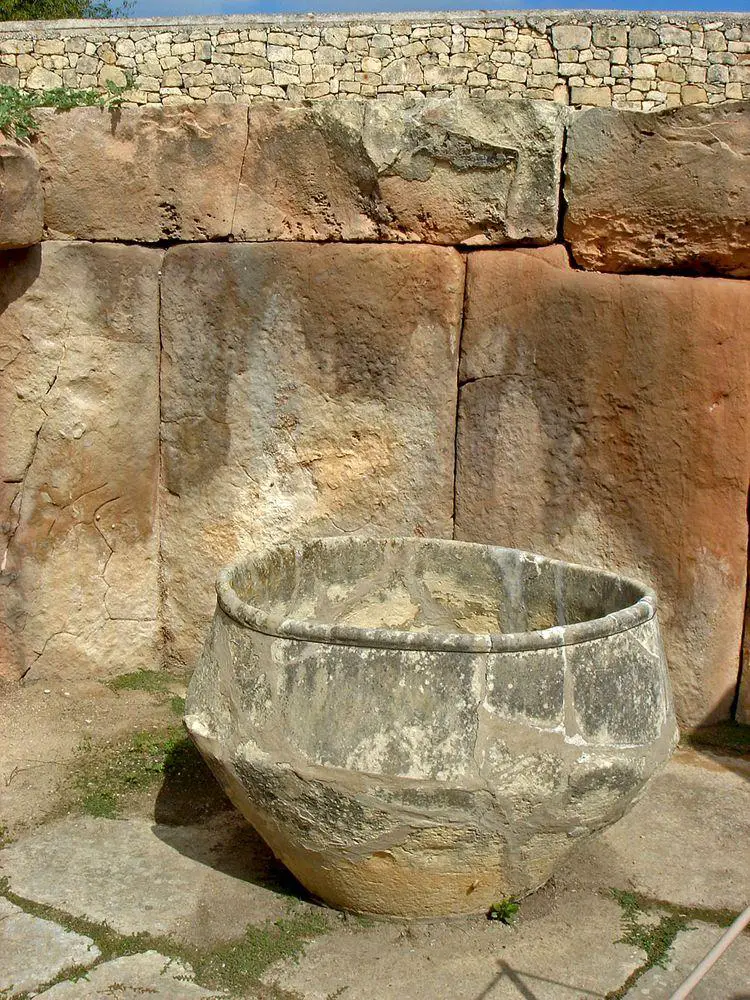
St. Paul’s Catacombs in Malta
Northern (Malta)
Underground cemeteries made by Romans and used until the 4th century AD, the largest system of catacombs in Malta. Contain the earliest known evidence of Christianity in Malta as well as Judaism and local, pagan traditions. These catacombs have a complex plan and include more than 30 hypogea connected with numerous passages. Near the entrance were plastered rooms that once were adorned with murals.
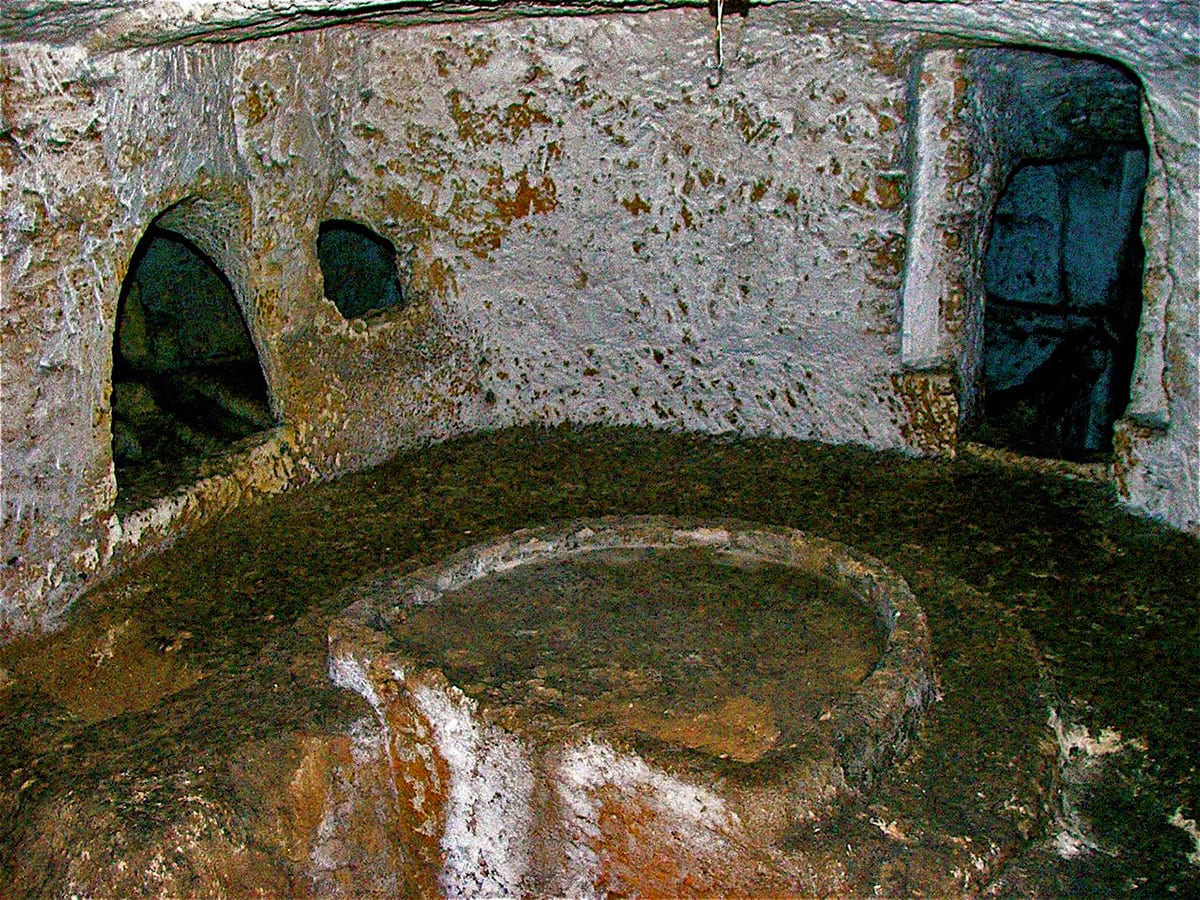
Xagħra Stone Circle (Brochtorff Circle)
Gozo
Nearly unique underground temple from prehistoric times, built and used in the time period from 3000 to 2400 BC. Here were found more than 2,000 parts of human bones and prehistoric artifacts.
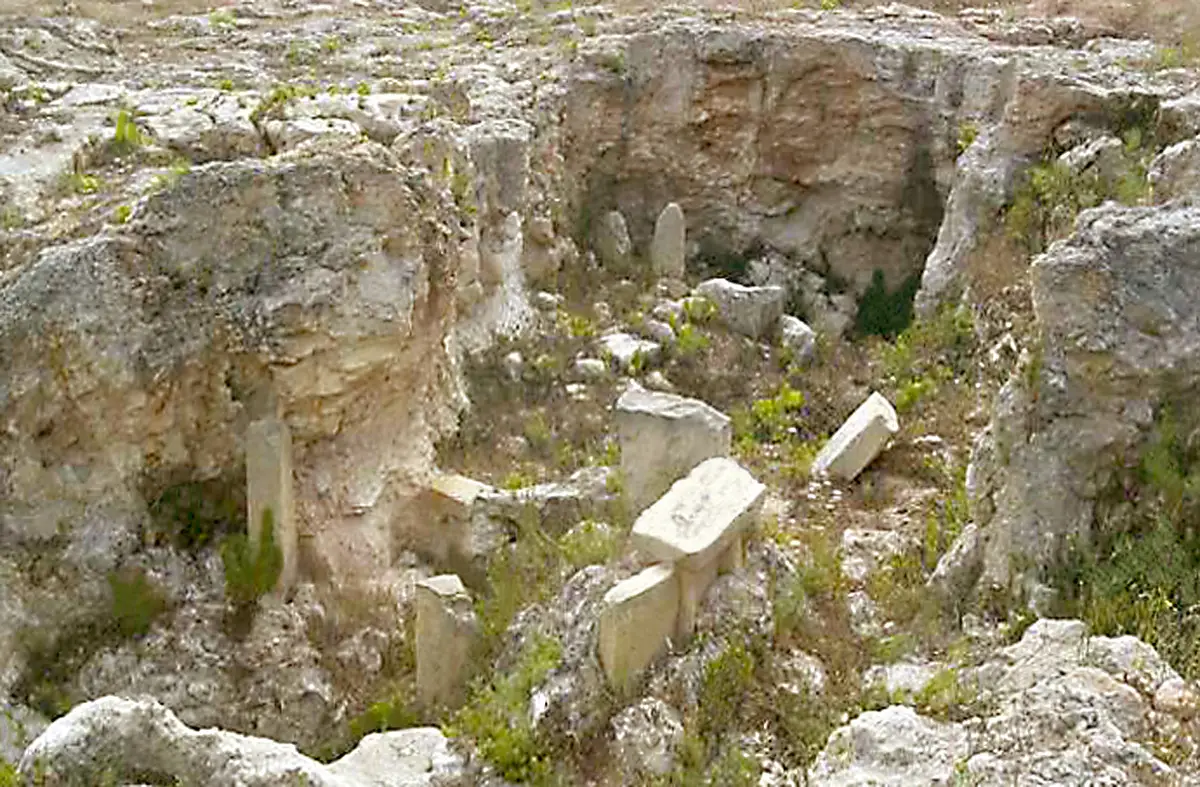
Skorba Temples
Northern (Malta)
Remnants of a megalithic temple that were built roughly at 3600 BC, in the site of a much older village.
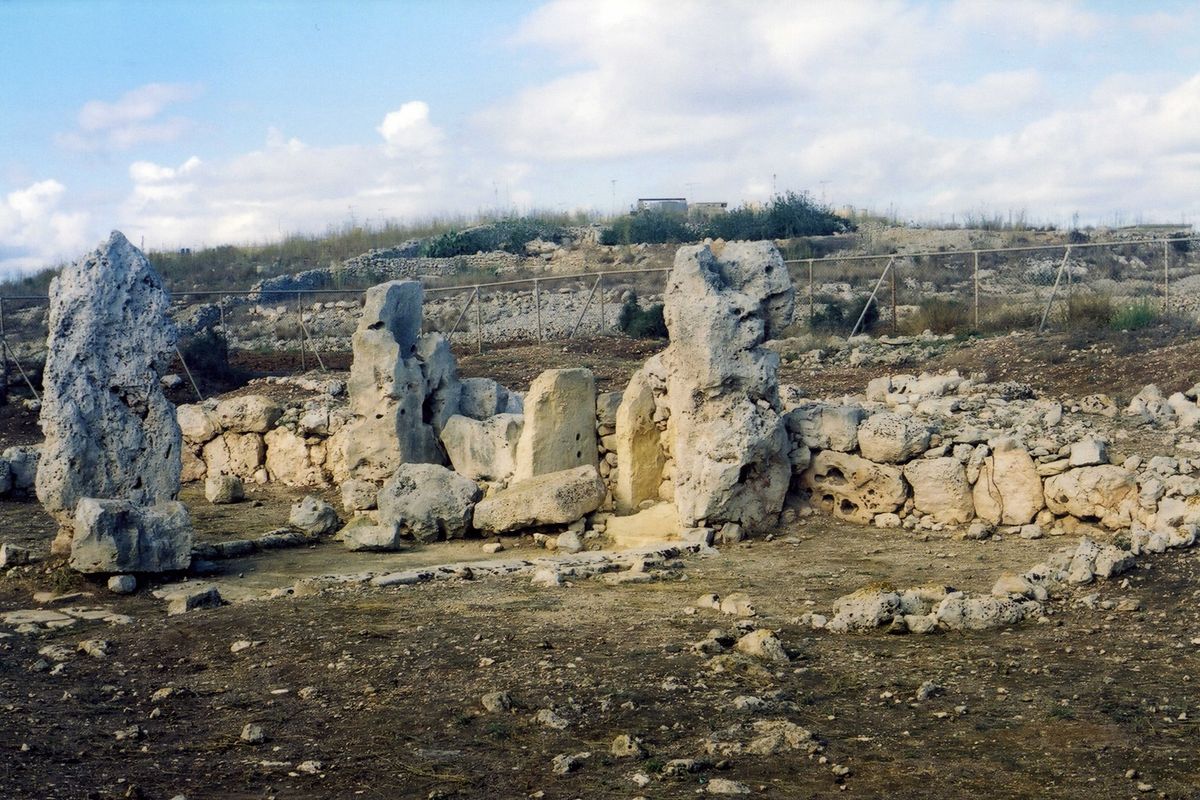
Ta’ Ħaġrat Temples
Northern (Malta)
Remains of megalithic temples. The oldest, larger one was built around 3600 – 3200 BC, the younger one – around 3300 – 3000 BC. In the temple was found also a small-scale model, also made from stone.
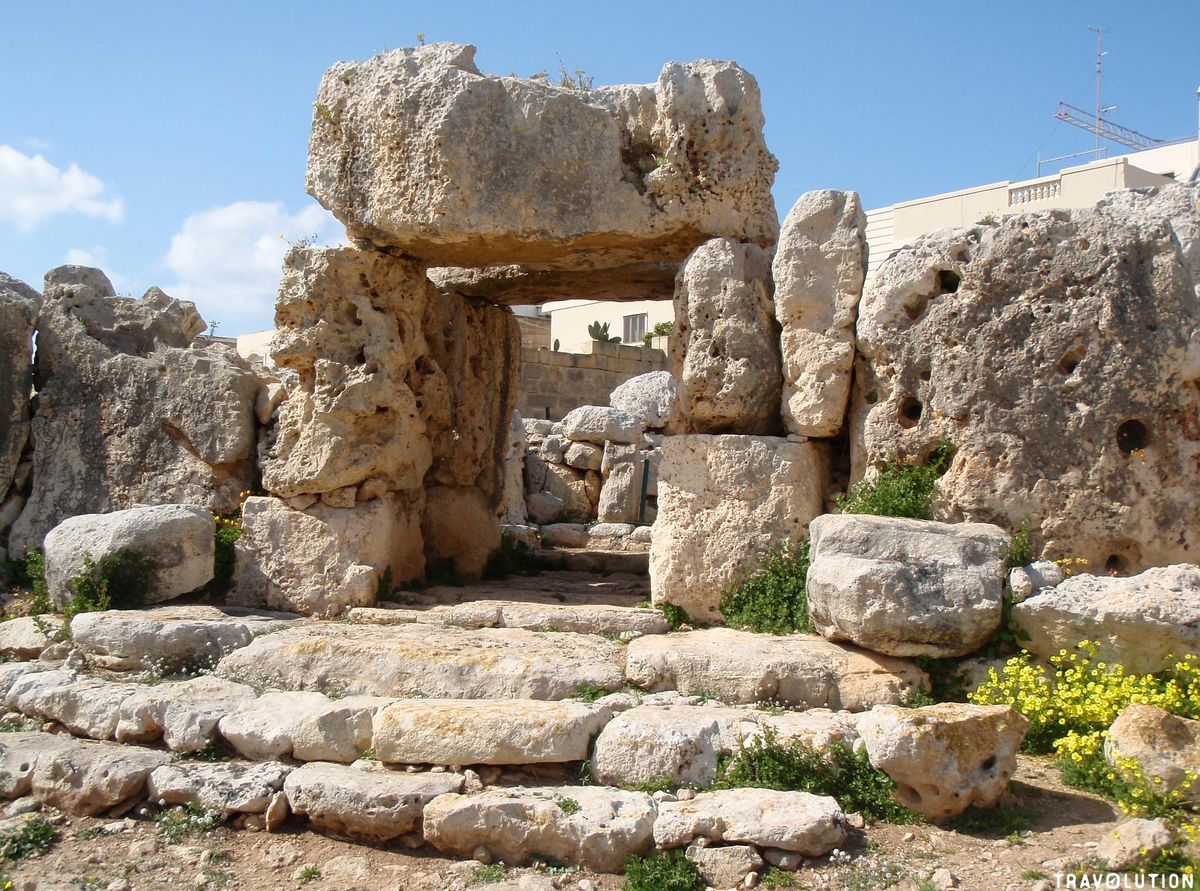
Architecture wonders
Valletta and Fortifications of Valletta
South-Eastern
The small Old City of Valletta contains an amazing number of valuable buildings, most in late Renaissance and Baroque style, built in the 16th century and later. Here are numerous beautiful city palaces in Baroque and Rococo styles. One of the few planned Renaissance towns that have been preserved almost intact. The city is protected with massive fortification walls, built in the 16th – 19th century.
St. Johns Co-Cathedral
South-Eastern
One of the most outstanding Baroque-style buildings anywhere, constructed in 1573 – 1578. From the outside cathedral might seem austere, but the interior is sumptuous, with a multitude of beautiful works of art. The walls and ceiling are entirely covered with beautiful murals.
Mdina and Fortifications of Mdina
Northern (Malta)
The ancient capital of Malta, a walled medieval city still confined to its fortification walls. Inhabited since 4000 BC, once an important stronghold of Phoenicians around 700 BC. Local architecture is mostly represented by the medieval Norman style and later Baroque style. The extensive system of fortifications around the town is fully preserved. Most of the fortifications were built in the 16th – 18th centuries.
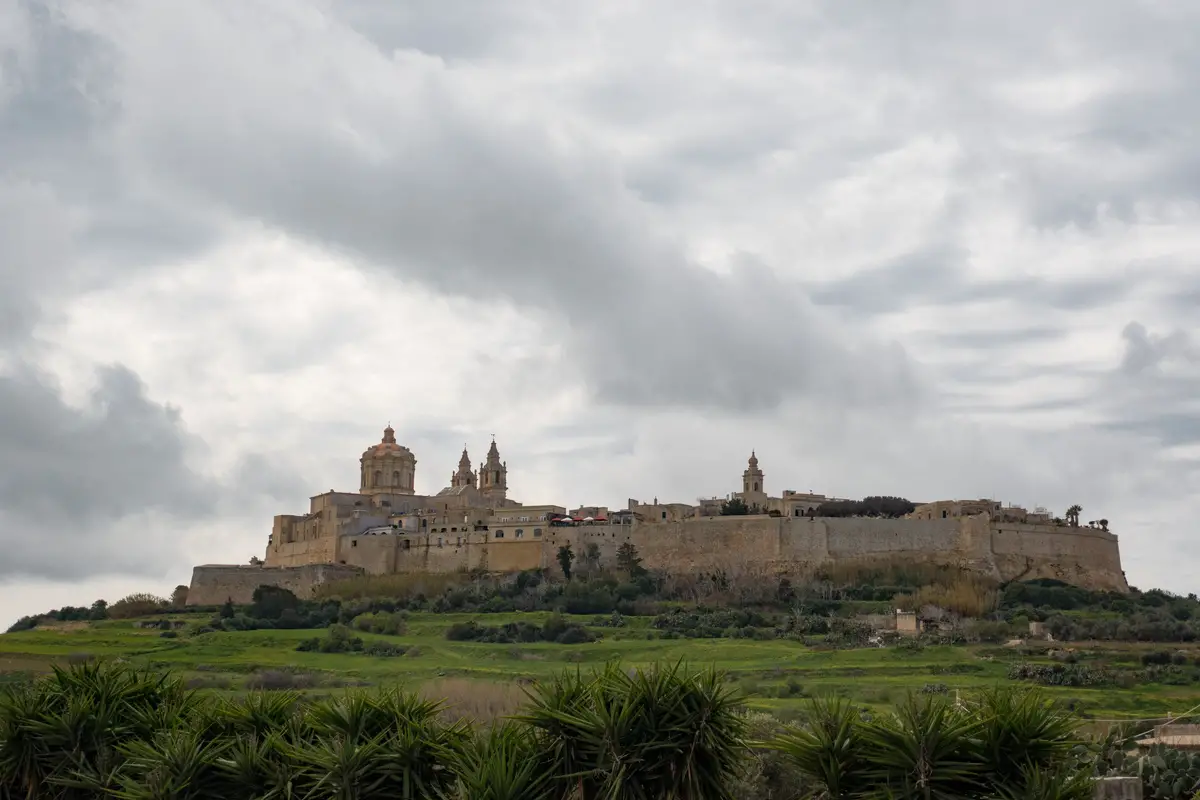
Fort St. Angelo
South-Eastern
An enormous castle and bastion rise over the sea in Birgu town. Castle was here already in the 13th century although the fortification might be older. Current structures were built for the most part in the 16th – 17th centuries. There are interesting ghost stories about this site.
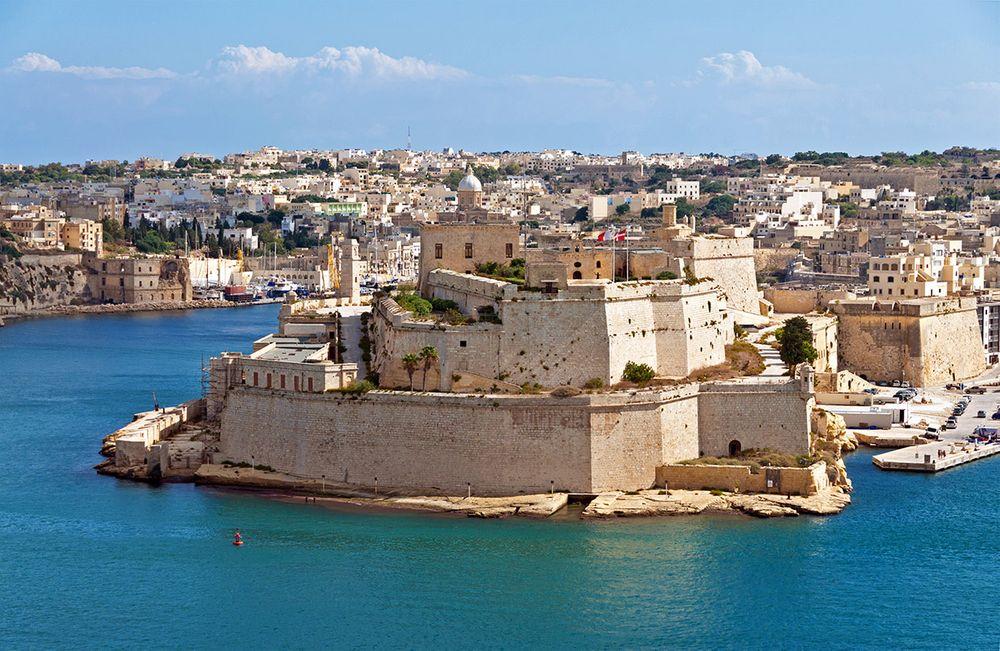
Verdala Palace
Southern (Malta)
Massive palace in Renaissance style, constructed in 1586. Now serves as the residence of the President of Malta. Ornate interiors, stories about the ghost – “Blue Lady”.
Cittadella
Gozo
Fortified hilltop town, inhabited and fortified since the Bronze Age, 1500 BC. During the Medieval Ages, it was turned into a castle. These fortifications have been preserved intact up to this day.
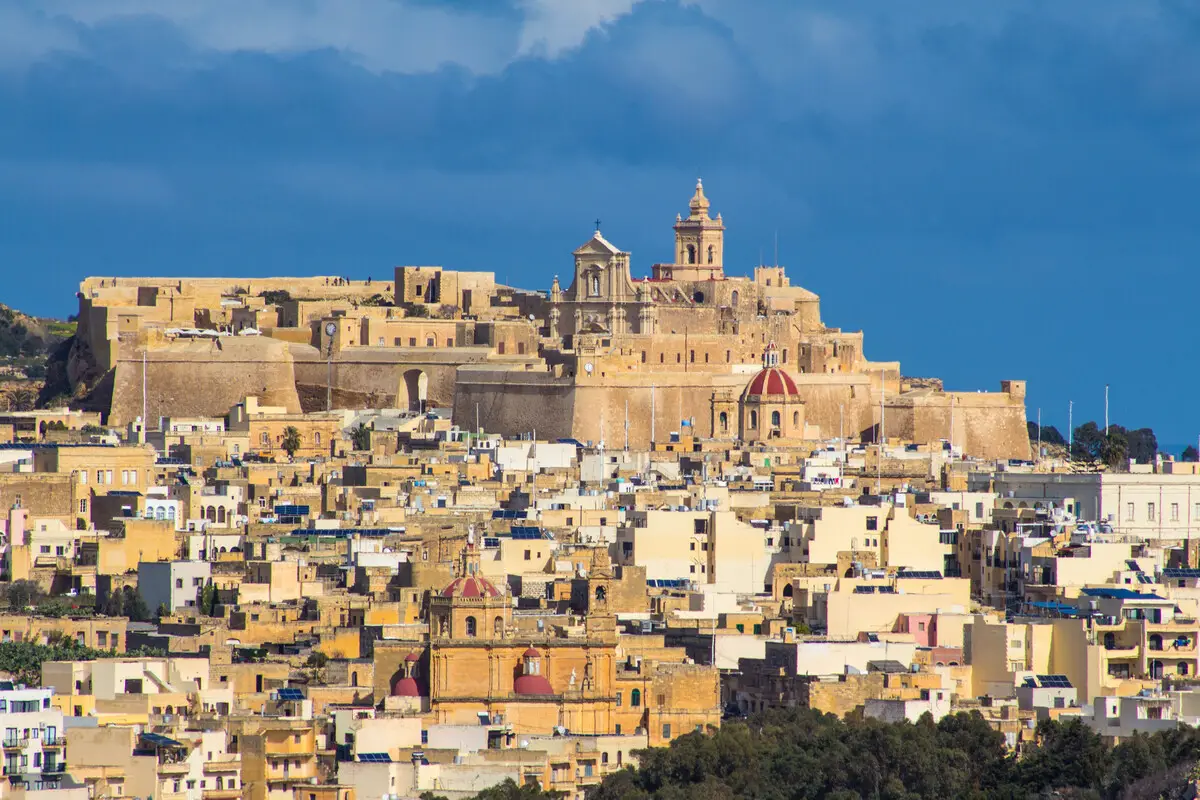
Rotunda of Xewkija
Gozo
An impressive church with a 75 m high dome. This is the third-highest unsupported dome in the world. Constructed in 1952 – 1978 in Neo-Baroque style.
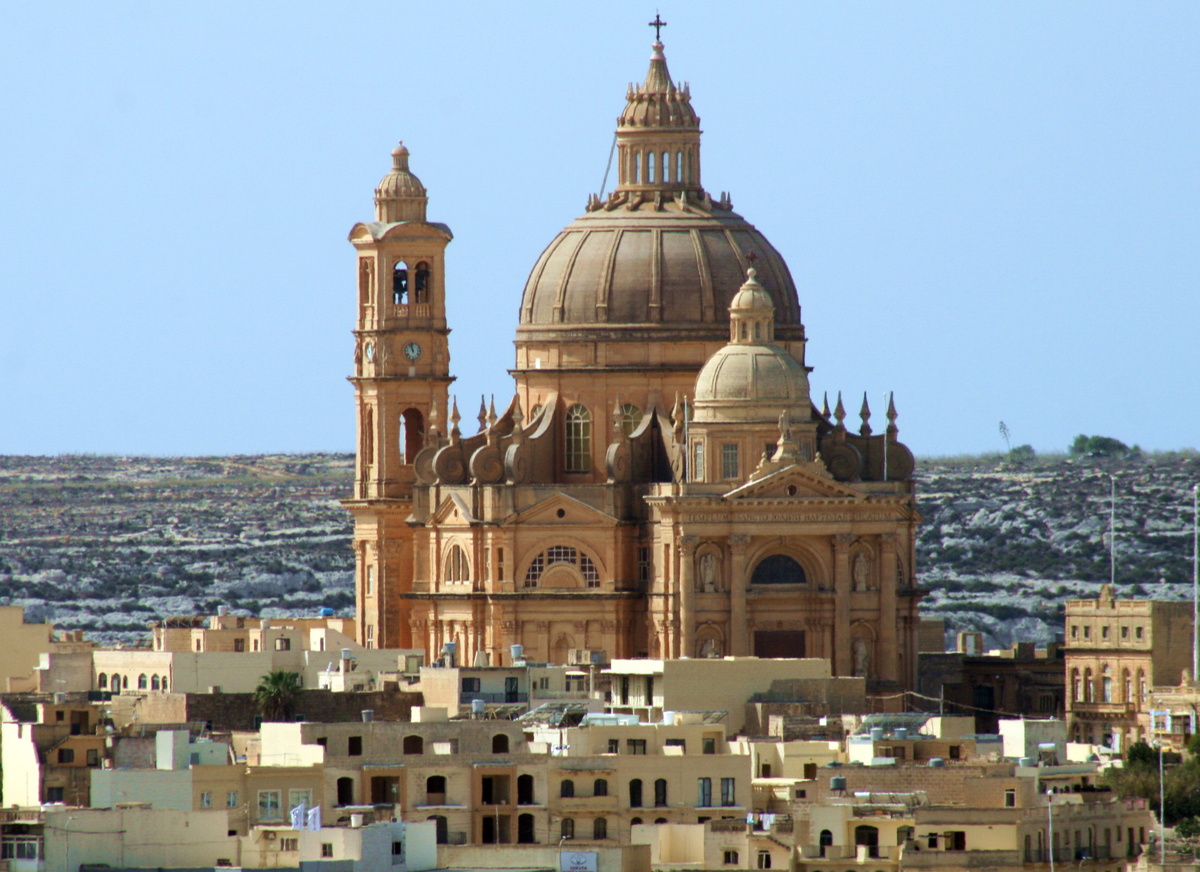
St. George’s Basilica in Gozo
Gozo
Large and ornate church in Baroque style, constructed in 1672 – 1678. Inside the church are numerous works of art, and beautiful murals.
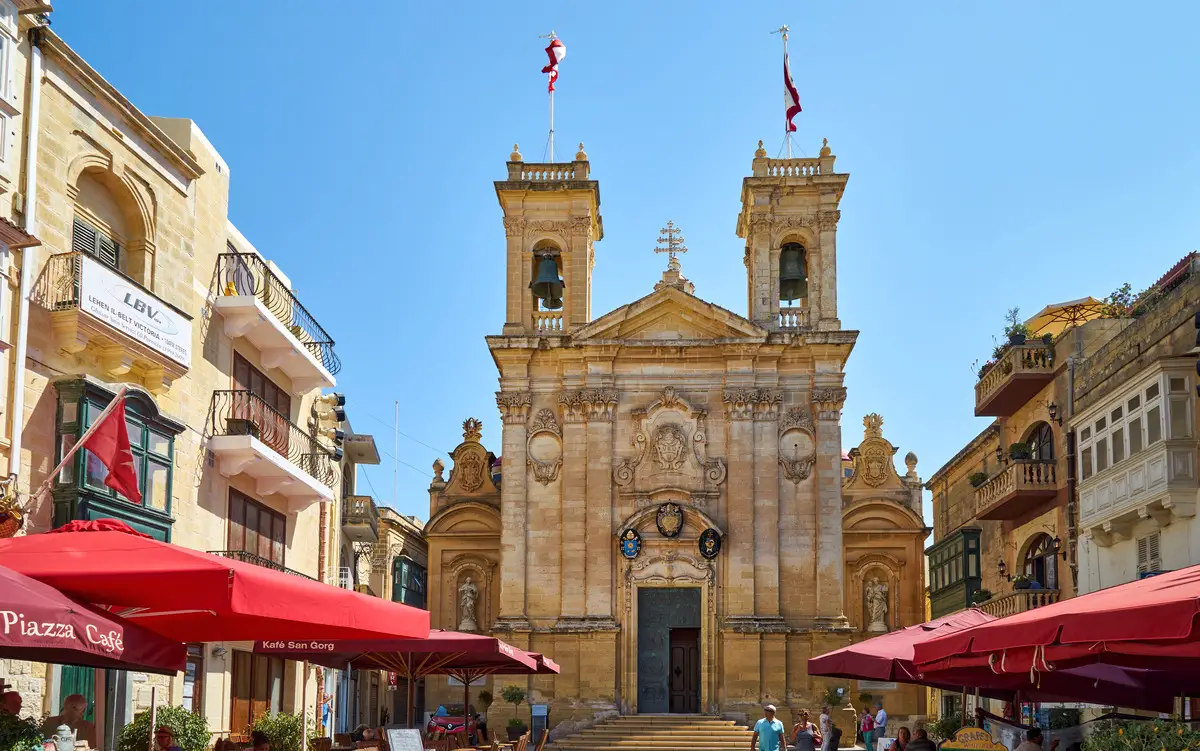
Birgu
South-Eastern
Short-time capital of Malta, a historical port city with rich and diverse architecture. Located on a peninsula. Magnificent is the seaside street – Vittoriosa Waterfront as well as numerous outstanding buildings.
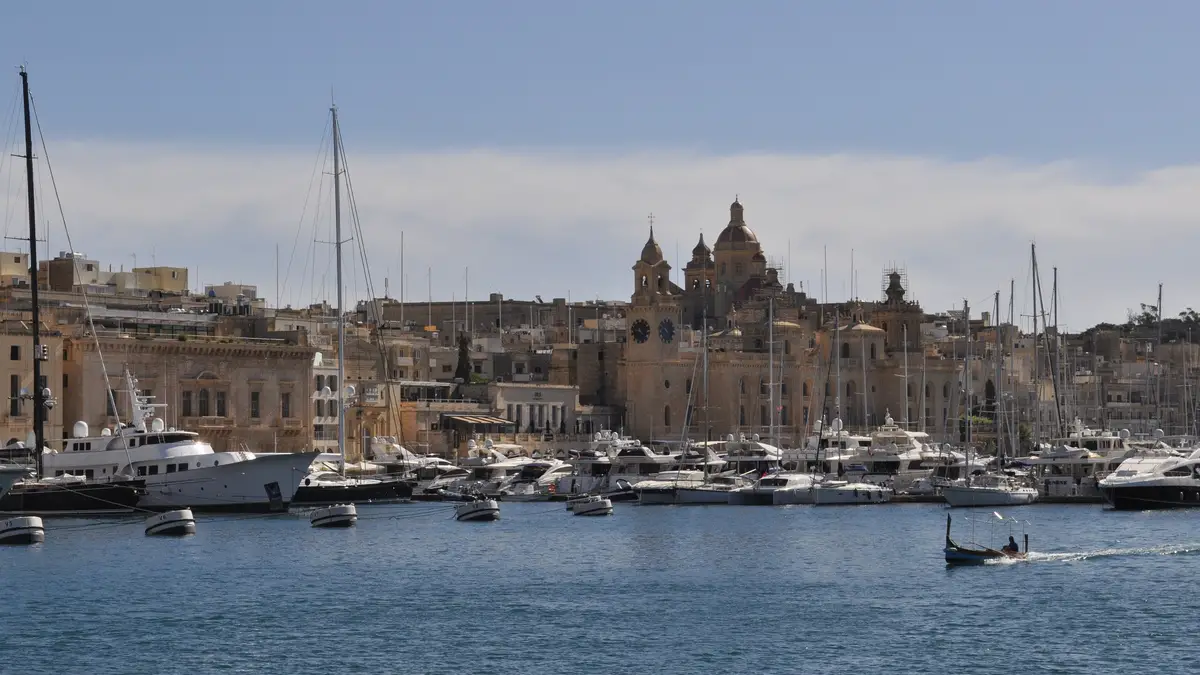
Villa Bologna and its gardens
Central (Malta)
This beautiful villa is even similar to a small palace. Constructed in Baroque style in 1745. At the palace is a beautiful park in Baroque style, with opulent garden architecture, e.g. The Nymphaeum.
Rotunda of Mosta (Rotunda of St Marija Assunta)
Northern (Malta)
This church has the fourth-largest unsupported dome in the world with an internal diameter of 37.2 m. It is resting on 9.1 m thick walls. The church was built in 1833 – 1860ies.
Grandmaster’s Palace
South-Eastern
Palace of the Grand Master of the Order of St. John. It was constructed in the 16th century. Now, this massive Renaissance palace serves as the Office of the President of Malta. Rooms in the palace have magnificent interiors.
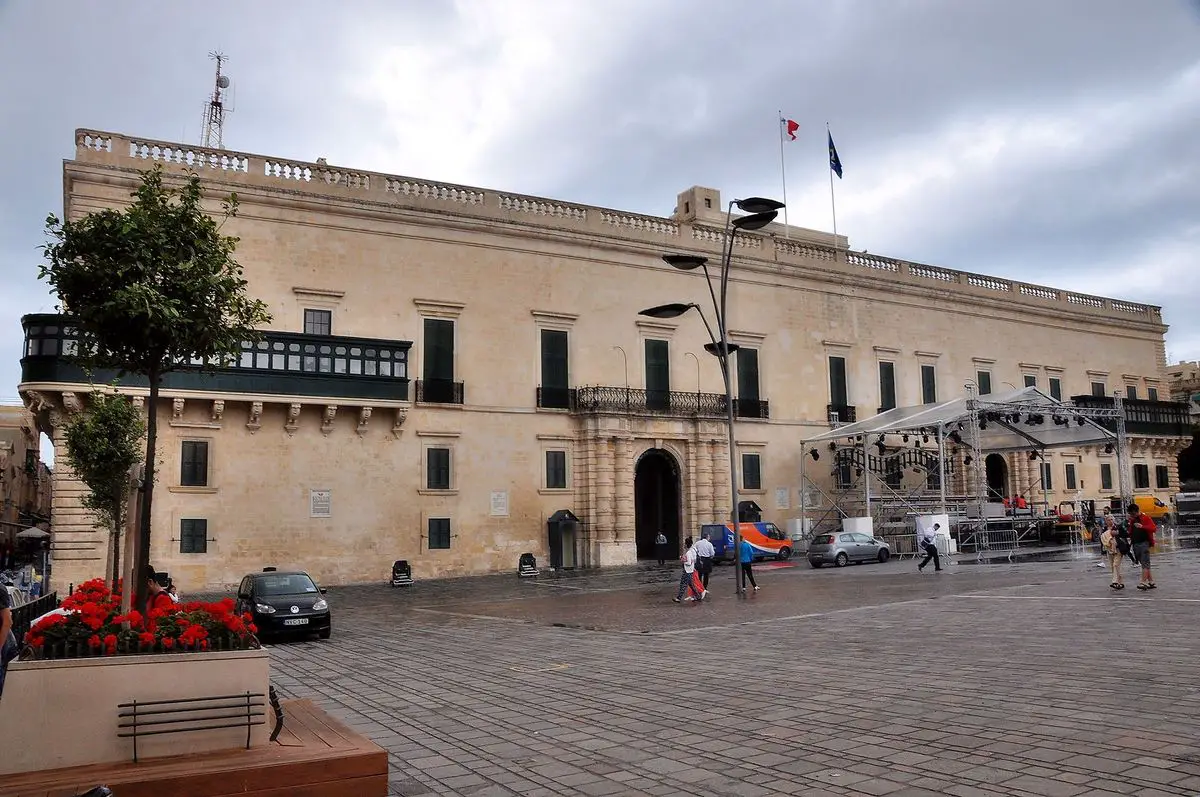
Basilica of the Visitation in Għarb
Gozo
Beautiful church in Baroque style, built in 1699 – 1729.
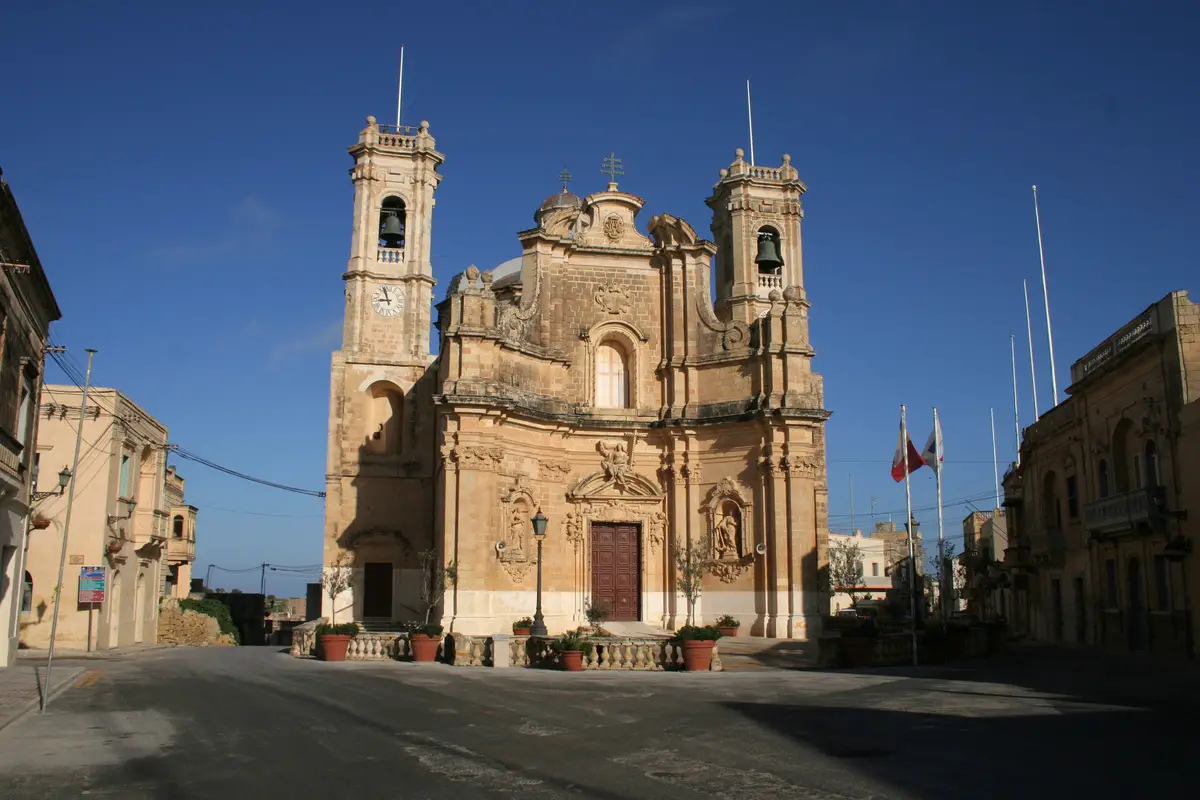
 Recommended books
Recommended books
The Story of Malta: “This precious stone set in the silver sea”
A graphic delineator of scenes and events, while at the same time a perfect master of language, Mr. Ballou enlists the interest of his readers at the beginning, and does not allow it to wane. In the present work, he has done a valuable service to the young, especially, by taking them to a historic spot, which, although it appears but a speck on the map, owing to its small surface area, has a romantic interest rarely equaled by any tract of like size. Its present aspect, too, is attractive and picturesque.
In Love With Malta: The Hidden Treasures
The perfect guide to the hidden treasures of The Maltese Islands.

